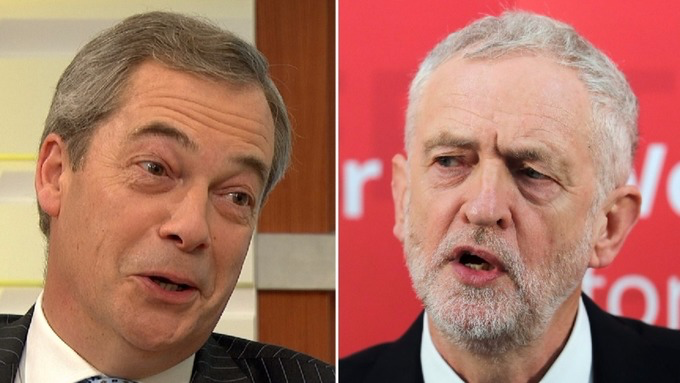
Boris Johnson has managed to secure a revised Brexit agreement, despite various assertions over his inability to do so since he took office. The deal, which is heavily based on Theresa May’s original withdrawal agreement, features changes to the issue of Northern Ireland the land border with the Republic of Ireland, as well as changes to the non-binding political declaration, which seeks to set out the ambitions over a future trade deal.
The Prime Minister asserted to EU leaders yesterday at the summit that he was very confident that he would be able to convince MPs to vote for his revised deal. This confidence is surely misplaced, but this doesn’t mean to say the deal is dead. The DUP, the Conservatives supposed partners in government after the last 2017 election, have upped their rhetoric since Thursday regarding their objections to the deal. Although the new deal takes the UK out of the European Union whole and entire, while ditching the backstop, Northern Ireland retains signifiant aspects of regulatory alignment, specifically over food and agriculture, therefore being treated differently to the rest of the United Kingdom. Furthermore, though Great Britain and Northern Ireland remain in the same customs union legally, customs checks will be carried out on goods travelling from the UK into Northern Ireland in order to avoid checks near or on the Northern Irish border with the Irish Republic.
Yesterday morning, the leader of the Brexit Party, Nigel Farage, emphasised his objections to the deal, which he labelled a new European treaty. He argued that this would tie the UK to the institutions of the EU, meaning the UK would not regain control of its money, laws or borders. Jeremy Corbyn also unsurprisingly objected to the deal, noting that future trade deal commitments regarding the environment, climate, and workers rights have been taken out of the withdrawal agreement, which Corbyn argues would lead to a ‘race to the bottom’ by a hard right Tory government. Those commitments though are still contained within the non-binding political declaration. These same commitments in the non-binding declaration are a significant part of what Farage and co object to in the new deal. Whilst Corbyn is saying because they aren’t binding, the Tory government will ignore them in a future trade deal, Farage is saying because they are in the deal at all means they are binding. Who is right ?

The important thing to recognise in this deal is that it is a transition arrangement rather than a deal over the UK's future relationship with the EU. During that transition period, the UK and EU will negotiate a free trade agreement, and if one is not agreed they will, at the end of the transition, trade on WTO terms. In other words a clean break Brexit. But as soon as it became clear that in the initial negotiation stage that the EU were unwilling to start free trade agreement negotiations until a transition deal was put in place, a transition deal seemed a necessary step to an orderly exit. The revised Northern Ireland backstop asserts that after the transition deal, Northern Ireland will remain within the UK’s customs territory, and will be included in any bi-lateral trade agreements it makes with third party countries. This means that goods made in Northern Ireland will not be prevented from the same access to third party countries that the rest of the UK gains from any bi-lateral trade agreements.
Farage has always emphasised the point that the UK wants to cooperate with Europe, be friends with Europe, and trade with Europe, and has called for a free trade agreement with the EU post Brexit. Yet one thing that Farage has always objected to is any transition deal, saying that it is not necessary when you can simply leave and negotiate afterwards. Therefore the Prime Minister’s deal is a sellout, and is Brexit in name only, even though it seemingly seeks to break the UK free of the single market, customs union, and with the opportunity of a free trade agreement post the transition period. The reality for Corbyn is that, though he may fear that the Tory government is not in favour of issues within the non-binding political declaration concerning the environment, workers rights and some other things, the fact is, as John Mann suggested, there is a majority for these issues in the current Parliament. Without a comfortable majority, and willing Conservative parliamentary party, the so-called ‘race to bottom’ by a hard right Tory government that Corbyn fears is highly unlikely.
And what of the SNP, who will inevitably vote against Boris’ deal? How unhappy will they actually be if the deal passes Parliament. The endless trope of Scotland being taken out of the EU against its wishes will surely be re-emphasised by leaders in Holyrood and Westminster, but there may be quiet whoops of joy in Edinburgh as a Johnson Brexit deal will only further invigorate calls for independence among a ever increasingly union-skeptic nation. That, combined with the collapse of the Tory alliance with the DUP, will ultimately be the Prime Ministers next immediate concern.

Comentários